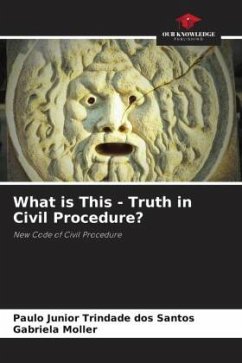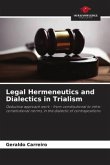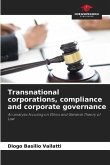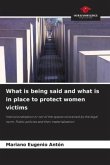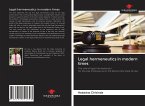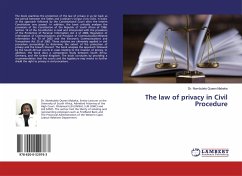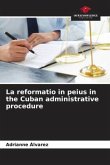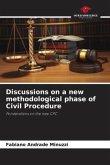The book seeks to point out the construction of Truth in Civil Procedure, separating the material (real) Truth from the formal Truth, beginning the studies with the theories that guide Truth, to reinforce the relevance of the Hermeneutic theory and then attacking Truth as correspondence and as relativism. Combating the distorted conceptualisations of Truth that invade the sphere of Civil Procedural Law. For Formal Truth in Civil Procedure has been losing prominence and the trend towards Real (Material) Truth has been gaining strength, revealing an attachment to the inquisitorial system, which is present alongside arbitrary decisions endowed by the judge's instructional powers, which are broad and guided by the New CPC, not altering in such a way the ideological structure of the judge's free conviction, which is linked to the philosophy of conscience, something that is refuted in this work. Judges' investigative powers must be guided by a new system, called neo-inquisitorial, which limits the judge's powers, and the judge must be seen as a historian based on phenomenological hermeneutics, unveiling the truth through the facts and evidence in the case.

